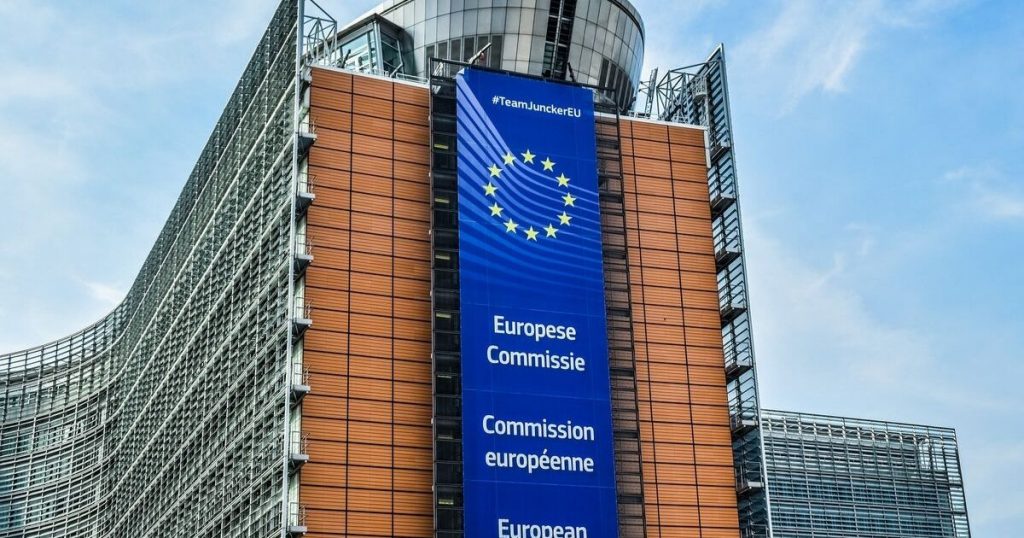Brussels: European Union (EU) leaders will gather Monday in a new show of solidarity with Ukraine. However, divisions over whether to target Russian oil in a new series of sanctions are exposing the limits of how far the bloc can go to help the war-torn country.
Ukrainian President Volodymyr Zelenskyy will address the 27 heads of state and government by videoconference in the evening. Zelenskyy has repeatedly demanded that the EU target Russia’s lucrative energy sector and deprive Moscow of billions of dollars each day in supply payments.
But Hungary is leading a group of countries — along with Slovakia, the Czech Republic and Bulgaria — that rely on Russian oil. They have said they can’t afford to take such steps. Hungary gets more than 60 per cent of its oil from Russia and 85 per cent of its natural gas. Hungarian Prime Minister Viktor Orban has insisted that an oil embargo should not be discussed at the summit.
But following a meeting of ambassadors before the summit’s start, there was a glimmer of hope in EU circles that a compromise could be reached.
“The European Council aims to reach a political agreement today on an embargo on Russian oil,” an EU diplomat said on condition of anonymity because of the sensitive nature of the negotiations. “This embargo will cover more than two-thirds of oil imports from Russia, that is all seaborne oil from Russia’.
The EU has already imposed five rounds of sanctions on Russia over its war in Ukraine. The bloc has targeted more than 1,000 people, including Russian President Vladimir Putin and top government officials, as well as pro-Kremlin oligarchs, banks, the coal sector and more.
A sixth package was announced May 4, but the holdup over oil is embarrassing the bloc, which has been forced to scale down its ambitions. When European Commission president Ursula von der Leyen proposed the package, the initial aim was to phase out imports of crude oil within six months and refined products by the end of the year.
Before the summit, officials suggested that a solution to break the stalemate might be found by targeting oil transported by ships and not focusing on the pipeline oil so valuable to Hungary.
The EU gets about 25% of its oil from Russia, most of which goes toward gasoline and diesel for vehicles.
Hungary and Slovakia depend on Russian oil they receive through the Soviet-era Druzhba pipeline. The problem with hitting sea transported oil is that countries like Belgium, Germany and the Netherlands, that are most reliant on that form would suffer a surge in oil prices, distorting competition because Hungary would still be purchasing cheaper Russian oil.
